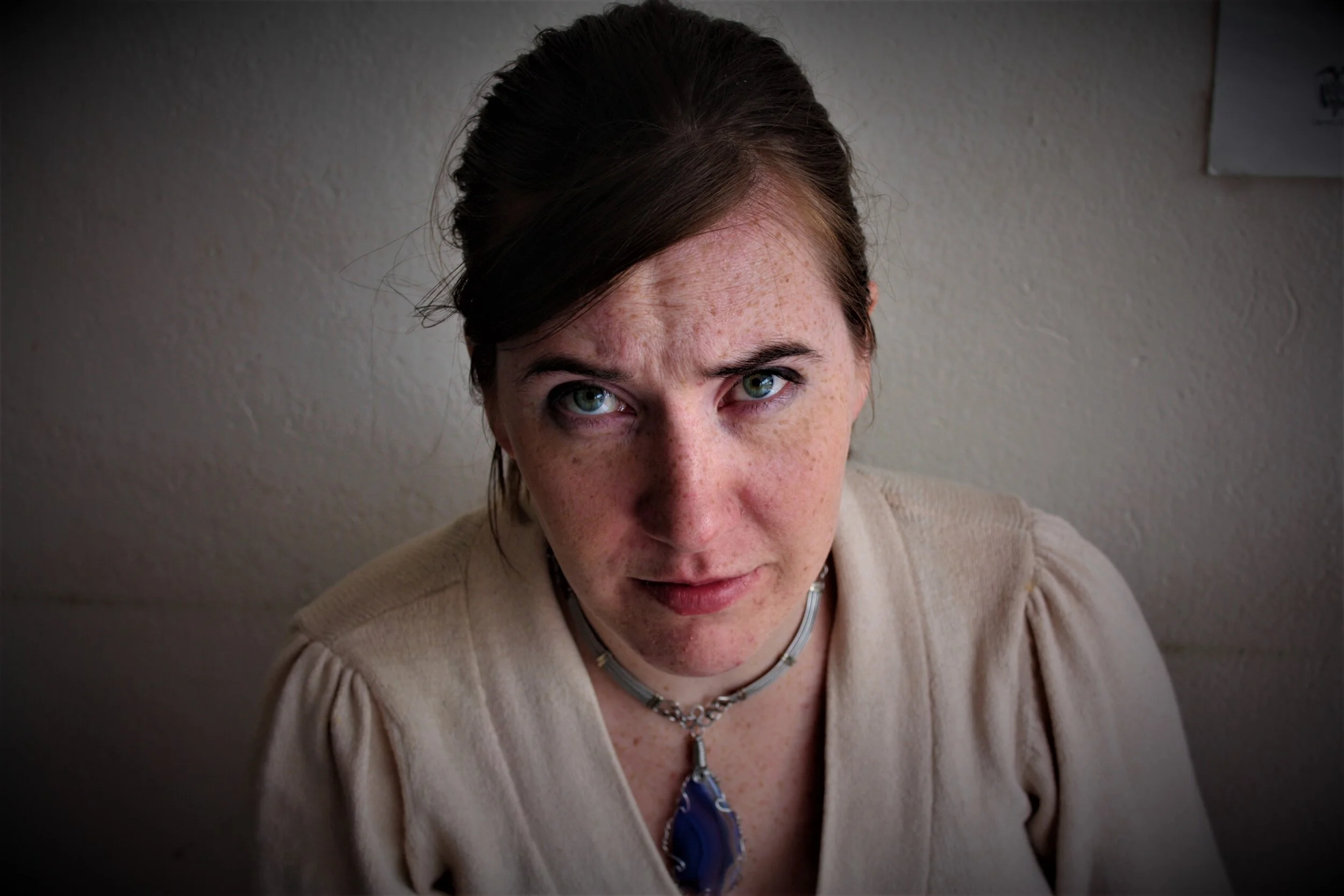A Personal Story (and Strategy) for Overcoming Rejection
/When you start writing you have big dreams. Then... you inevitably freak yourself out at some point in the process.
Many of us have grown up with the message “Don’t get your hopes up.” It's a dead-end fear-based thought. The crux of this phrase is that if you’re disappointed, you may never recover.
A far better tenet is David Orr´s quote, "Hope is a verb with its shirtsleeves rolled up." Nowhere is this more viable than with writing because there's always something you can do. Even when I've competed in markets with a 0.1% acceptance rate, I knew the only thing that could hold me back was an unwillingness to do the work. You can always write one more draft, explore one more publisher, send one more email, or grow an audience and prove the demand for what you’re doing.
When I started submitting my short stories to literary magazines in my early thirties, I’d been working on my craft for years. There was a magazine I was dying to get into called Glimmer Train. I admired them immensely. They were one of the kinder magazines because they posted a list of 20 finalists whenever they published a new author.
The first time I looked up the results, I was so disappointed. As I futilely searched for my name in the list of finalists, I realized not only did I get rejected, I wasn’t even close. A certain numbness came over me and I stopped working for weeks. It took me some time to get used to the fact that this market would be harder than I’d thought.
In the case of dealing with rejection, we’re mourning our old beliefs. Beliefs that our goals would be easier. Beliefs that we could count on something that ended up falling through. Beliefs that success would happen faster. But when rejection hurts, you know it’s love. Good thing love is exactly what you need to heal it and move forward.
That first experience hung over me like a fog, until I started to investigate the arena I was stepping into. Over a thousand stories were submitted to each of these magazines every single month. That meant that I had less than a 0.1% chance of being published and a 2% chance of making the top 20.
Rather than allow the numbers to intimidate me, I let them fuel my resolve. I thought of it this way: there are millions of people who want to be writers, but out of those millions, how many pick up a pen? Fifty percent? How many finish what they start? Twenty-five percent? Ten percent? Furthermore, not everybody studied fiction, let alone literary short stories, and got to the point of submitting to magazines at all. Here I was, part of the precious thousands out of millions of people who wanted to be writers. Why would I stop now?
I continued to calculate all the statistical advantages of doing the work in my imagination. Of the thousands of monthly submissions to literary magazines, how many of those writers purchased and devoured literary magazines to learn from them and find the best fit? How many writers found themselves beta-readers and went back over multiple drafts? I started to realize that every action I took dramatically improved my odds, even in competitive markets.
In a pile of a thousand anonymous submissions, it no longer mattered who was the most naturally talented, what mattered was who cared enough to be objective about their work and keep growing. With that mindset, rejection letters lost their sting. So much so that I made a chart, tracking the submissions and rejections, so that I knew when it was time to try again.
Most literary magazines held contests for a $20 submission fee. I favored this route because it guaranteed that my story would be read, and it felt good to contribute to the editors and institutions that work so hard to keep literature alive and kicking.
I was chugging along at my submissions factory after work, when one day I opened an email and read, “Congratulations…”. My first thought was, Wait, they spelled, “we regret to inform you...” wrong.
It took a minute before I realized, this was not a rejection letter.
After all that time and effort, I understood what an honor it was to be published in a literary magazine, something that would have washed right over me if I would have been immediately successful. I’d paid my dues and had a palpable experience of what it was like to be one in a thousand.
So rather than thinking this: “Holy hell this is a lot of work, I quit.”
Think this: “This is a lot of mother-loving work. I bet only 7.5% of aspiring authors do this much mother-loving work.” And then get back at it.
The same tactic goes for self-publishing, book proposals or freelancing. If you’re disappointed with sales, don’t take it personally, take action. There’s always something you can do. I love working with self-published authors because you have more control over a variety of metrics. Resilience is a muscle, and every lesson you learn from rejection builds the strength you need as you climb the ladder to a more and more expansive life. It’s the most efficient way to acquire wisdom, resources and ingenuity.

